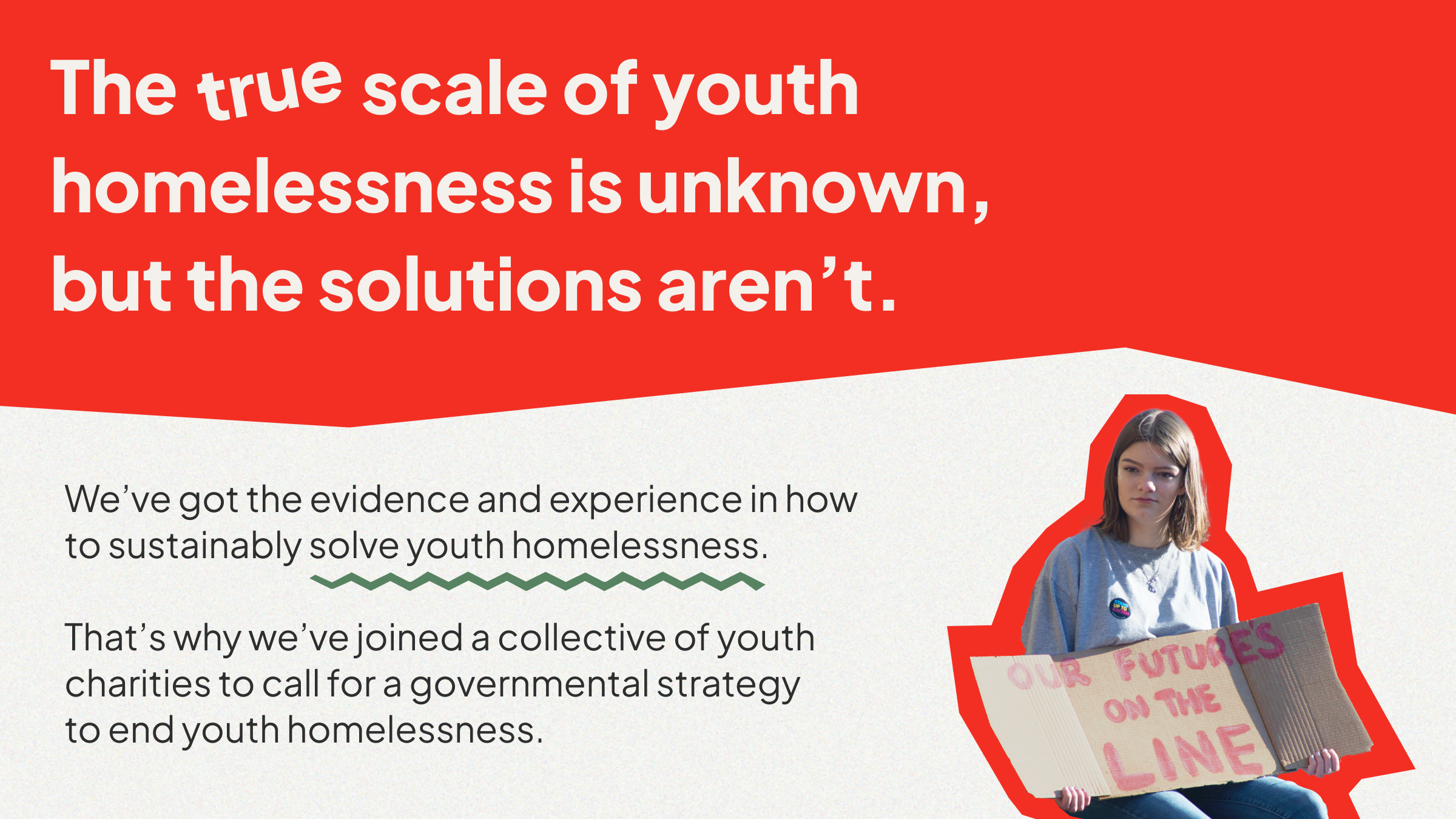What would society look like if we put young people first?
By Polly Stephens, Head of Policy, Learning and Comms at New Horizon Youth Centre
What would society look like if we put young people first? If we built and lived for those who will inherit the earth and everything on it, and the generations yet to come? If we placed other people’s survival above our own comfort?
Young people often get caught in a nonsensical situation. On the one hand, they are over 18 so we expect them to live independently, be responsible and pay their way; we expect them to contribute to society. But on the other hand, we pay them less, give them lower benefits and support, less secure work contracts and hours and don’t provide the same level of additional support. We want them to be ‘grown up’ when it is convenient for us, but we also treat them paternalistically, are disbelieving and refuse to help them when it’s not convenient. So which is it? Do we recognise that 18–25 is tricky transitional period for everyone and provide additional support, patience, and safety nets? Or are they equal members of adult society, which means they should be treated with the same rights, support, and resources that the rest of us take for granted. If they are also experiencing violence, abuse, or trauma at home or the care or criminal justice system, then this confusing and pressurised situation is almost unbearable.
We see this unhelpful dichotomy play out time and time again in our work at New Horizon Youth Centre. We know that if we don’t design young people into society from the start then they are effectively excluded. This is especially true in housing and the effects of not designing homelessness systems with them in mind is increasingly evident. With young people disproportionately affected by both the pandemic and the cost-of-living crisis, action is required now to avoid long term societal repercussion to an entire generation, the future of the UK.
Young people’s experiences of homelessness are different from other age groups, so solutions need to be different, and they need to be informed by young people’s lived experience. Young people have been systemically overlooked in local and national homelessness and housing strategies, which reduces effective prevention opportunities and puts barriers in place for solutions. We know, from over 50 years frontline work, how to sustainably solve youth homelessness and support young adults into the lives they deserve. For example, in 2020 we saw a worrying increase in young people forced to sleep rough, and after campaigning and collaborating with the Greater London Authority we launched the Youth Hub, a hostel specifically for 18–24 year olds. The Hub is run in partnership with Depaul UK and delivers specialist wrap around support to sustainably solve the guests’ homelessness, which has a success rate of over 90%. We need solutions like this to be better resourced and more available. It’s such a waste not to because there are so many positive reasons to prioritise and share our power with young people.
Which is why we’ve joined a collective of 110 youth and youth homelessness charities who are uniting to call on government to adopt a cross-departmental strategy to end youth homelessness. Our recommended strategy covers prevention in schools, families, and at councils, specific housing solutions, and fairer finances.
We believe this period of transition in young people’s lives is the perfect place to show an active, intersectional intervention and a commitment to levelling up for every future generation. It’s a great opportunity to directly transform the lives and futures of young people in the UK, something any society would be proud of.
Isn’t it time we do the right thing and give potential a home?
Written by New Horizon Youth Centre
